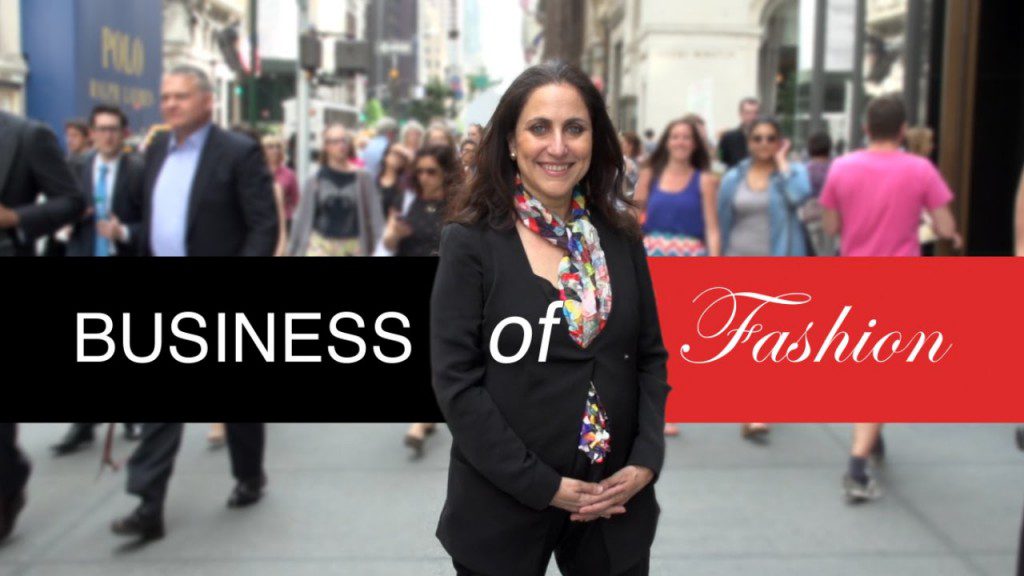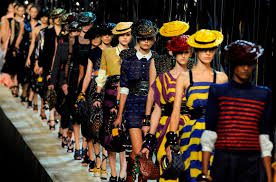Rutgers Business School Bridges Gap Between Design and Commerce

Dory Devlin writes in an article for Rutgers Today—and in a blog post published on Rutgers Business School’s news page—that budding fashionistas do not always have the business acumen required to navigate the fashion industry. Conversely, many nascent impresarios know little to anything about the creative aspects of the industry.RBS’ new 30-credit Master of Science in Business of Fashion program aims to build a bridge between both camps.
Founding program director and RBS finance professor Tavy Ronen explains, “We decided it would be great to provide a program for creatives who want to learn how to run a business and for business professionals who want to work in the fashion industry.”
The M.S. in Business of Fashion can be split up into a part-time program over two years or taken all at once as a full-time year-long endeavor. The program will be unveiled this coming fall with an inaugural class of approximately 30 students. Students will meet in Jersey City, conveniently located between Manhattan and Rutgers’ main campus in New Brunswick.
Ronen designed the program with an interdisciplinary approach in mind, as the M.S. in Business of Fashion highlights a wide swath of subjects instead of the typical retail marketing emphasis made by most fashion-business programs. Rutgers courses will cover marketing, finance, supply chain management, accounting, and entrepreneurship.
Rutgers Business School organized a taskforce in 2012 to survey the demand for a master’s program. Executives in the fashion industry informed this taskforce of an increasing mandate for graduates with a more comprehensive skill-set, particularly in the realms of supply and demand, retail production, and retail math, with regard to the fashion industry. Ronen reaffirms that based on RBS’ research “graduates who have an understanding of both the business and creative elements of the industry make for stronger, sought-after job candidates.”
 New York City hosts nearly 1,000 fashion companies, 14,000 establishments, and 75 trade shows each year. The New York Economic Development Corporation reports that the local fashion industry accounts for 6 percent of the workforce in the city, employs 180,000 people, and generates nearly $11 billion in total wages.
New York City hosts nearly 1,000 fashion companies, 14,000 establishments, and 75 trade shows each year. The New York Economic Development Corporation reports that the local fashion industry accounts for 6 percent of the workforce in the city, employs 180,000 people, and generates nearly $11 billion in total wages.
RBS’ senior associate dean for graduate programs, Phyllis Siegel, says, “Industry growth, market demand, an RBS supply of top talent [strategically] positions the business school to meet the needs of a growing global $1 trillion industry, regionally and worldwide.”
The undergraduate Business of Fashion Concentration & Minor was introduced in 2015 as a series of three nine-credit courses. The concentration is available to business majors, while non-business majors are encouraged to explore the minor, which is split between nine credits in basic business skills and nine in specialty courses.
Before Urvi Tiwari graduated from the RBS program in 2015 and began working at KPMG in Midtown Manhattan, she stayed an extra semester to take the business of fashion concentration courses. Tiwari’s idea was to understand how she could specifically apply her business skills to the fashion industry. She explains, “There’s a huge gap in the fashion industry between those who are running businesses and those doing the designing.” Tiwari believes there needs to be more of a dialogue between the two.
